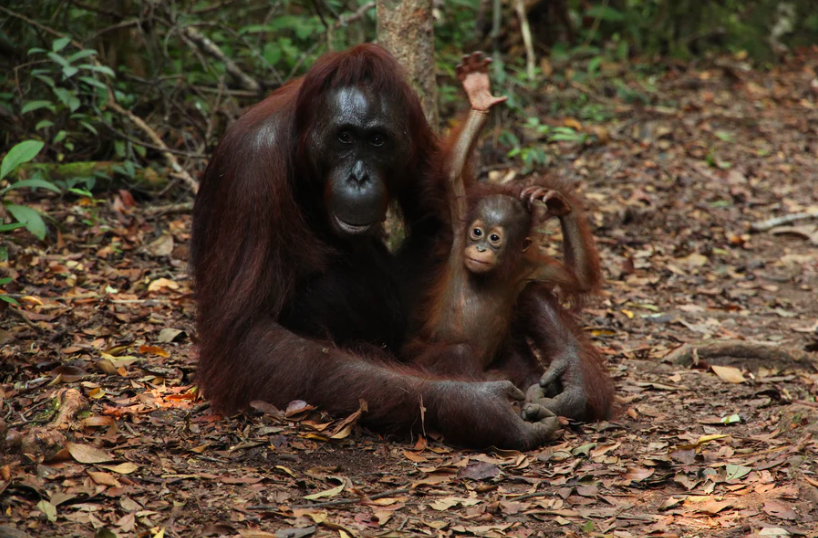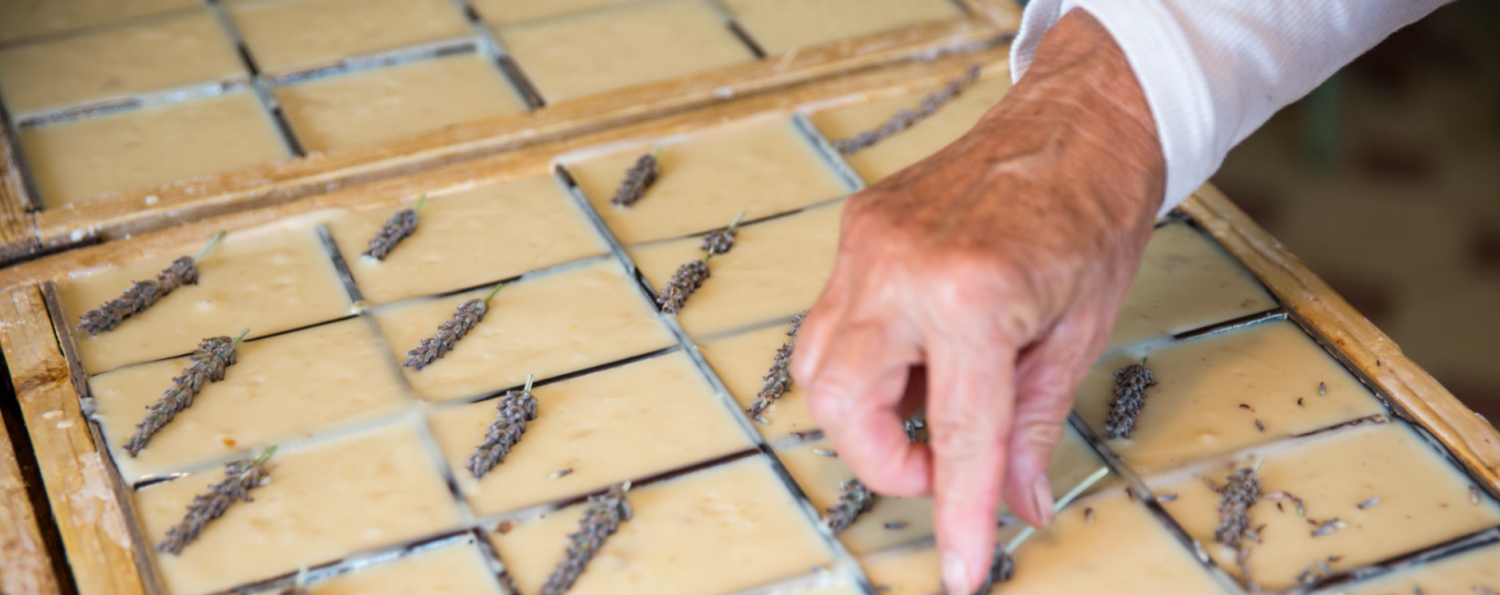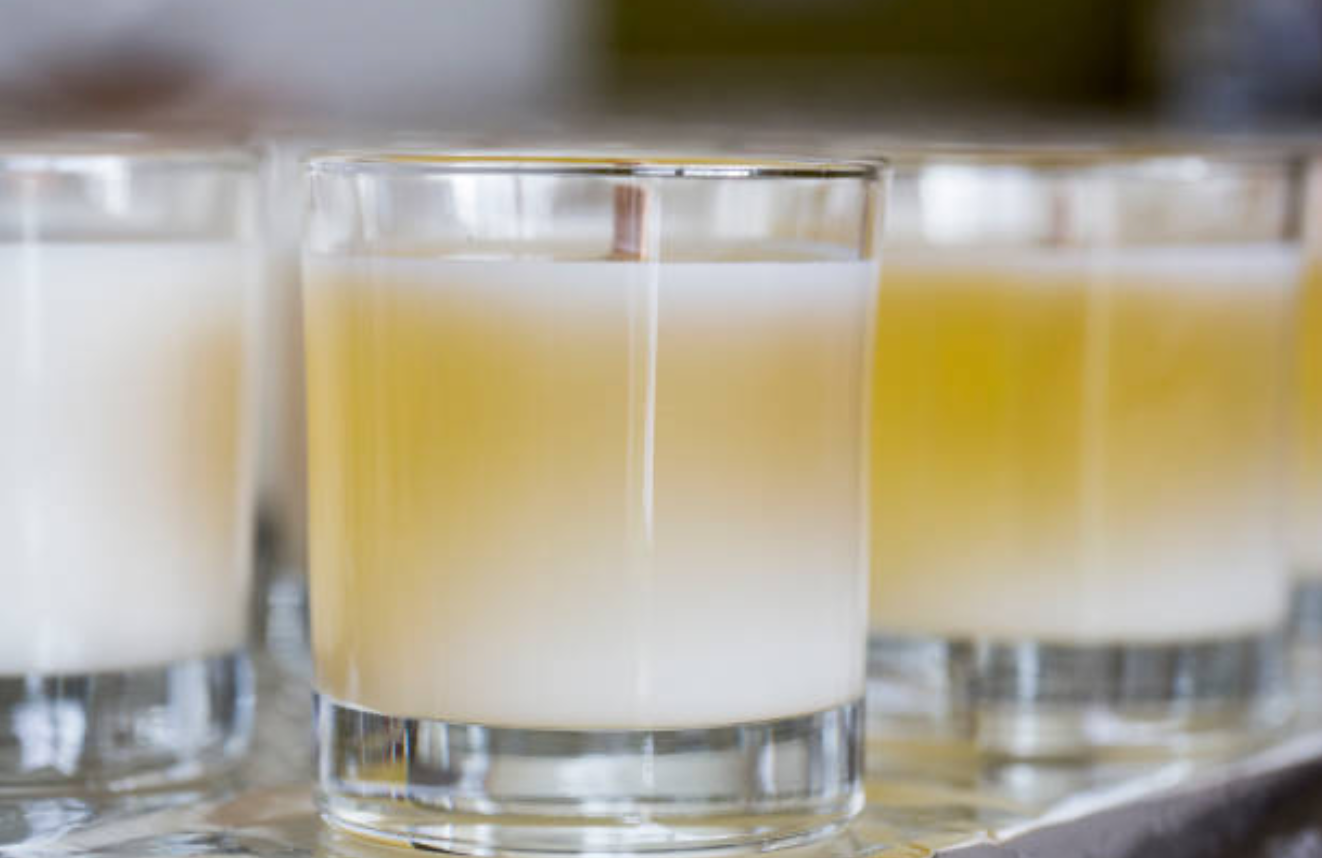We’re diving into the world of palm oil. It's like the James Bond of oils – it's everywhere, doing all sorts of things, but it always comes with a side of intrigue and controversy.
So, palm oil. It's not just the greasy stuff that makes your food delicious – it's also the grease behind soaps, personal care products, and even those fancy candles that make your place smell like a serene forest. It's like the Swiss Army knife of the oil world.
Palm oil isn't just extracted from any ol' palm. It's taken from the flesh of the palm fruit and its kernel. It's like they're mining palm trees for their golden oil.
And just when you thought you were getting the hang of it, here comes the name game. See, not all palm oil products come clean with their palm oil-ness. They sneak in with names like Vegetable Oil, Palm Kernel Oil, and even stuff like Sodium Kernelate – sounds like a code name straight out of a spy movie.
Now, let's talk about the drama – the palm oil crisis. Picture this: an ever-growing demand for palm oil that can only be grown in steamy tropical rainforests. And where are these rainforests? Places like Indonesia and Malaysia, where adorable critters like Sumatran Tigers, Borneo Orangutans, and Clouded Leopards hang out. But here's the twist – the rainforests are being bulldozed for palm oil plantations, leaving these animals homeless and in danger.
To give you a reality check, an area the size of 300 soccer fields is wiped out in Indonesia every hour because of this demand. Orangutans are getting closer and closer to being endangered species, thanks to palm oil plantations that treat their habitats like a takeout menu. And let's not forget the fires that these plantations fuel, adding a nice sprinkle of global warming to the mix.
But wait, there's a knight in shining armour – Sustainable Palm Oil. The Roundtable of Sustainable Palm Oil (RSPO) is like the superhero squad for palm oil. It's got producers, manufacturers, retailers, and even NGOs as its members, all united to promote the growth and use of sustainable palm oil products. They audit the plantations, make sure things are going green, and wave the flag for responsible palm oil.
But – plot twist – there's a catch. While "sustainable palm oil" sounds great, there's still a lack of traceability. The RSPO is a bit like a board meeting dominated by palm oil industry players, and some critics say it's about as effective as an umbrella in a hurricane.
Greenpeace, the outspoken rebel, has its doubts about the RSPO's certification system. They've even called out big players like Unilever and Nestle for their palm oil choices. Greenpeace is basically the whistleblower in this story, shining a light on palm oil's dark secrets.
And that's not all! Friends of the Earth has joined the criticism party, saying the RSPO's standards are too low and they don't give enough consequences to naughty members.
So, where do we go from here? The palm oil dilemma isn't just about boycotting – it's about finding a balance between preserving rainforests and supporting the millions who rely on the palm oil industry for their livelihoods.
At Blaze & Foam, we're taking a stand. We've decided to say no to palm oil in our products. We're checking with manufacturers, ensuring that what we stock is palm oil-free. It's our way of joining the fight to save orangutans and keep our planet cool.





Leave a comment
All comments are moderated before being published.
This site is protected by hCaptcha and the hCaptcha Privacy Policy and Terms of Service apply.